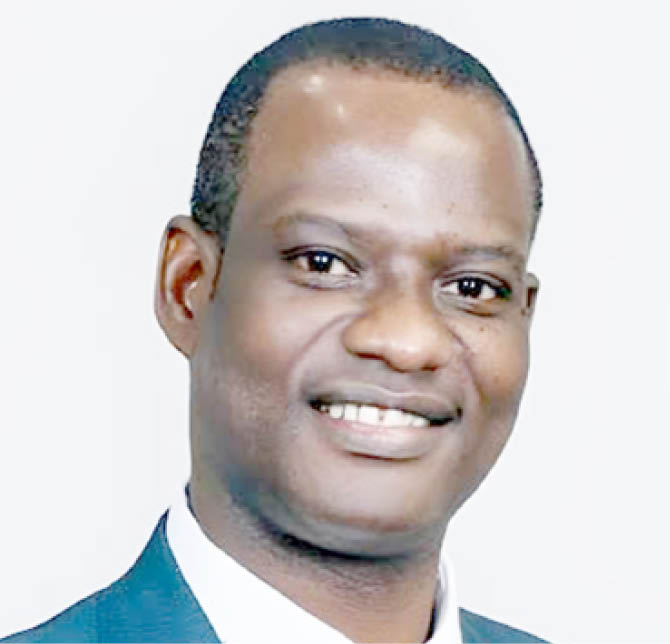Presidential committee mulls VAT increase
The Presidential Committee on Fiscal Policy and Tax Reforms has recommended an upward review of the Value Added Tax (VAT) from the present 7.5 per cent. The Chairman of the committee, Taiwo Oyedele, also suggested that the VAT revenue sharing formula should be reviewed. He spoke at a policy exposure and impact assessment session organised […]

taiwo oyedele,
The Presidential Committee on Fiscal Policy and Tax Reforms has recommended an upward review of the Value Added Tax (VAT) from the present 7.5 per cent.
The Chairman of the committee, Taiwo Oyedele, also suggested that the VAT revenue sharing formula should be reviewed.
He spoke at a policy exposure and impact assessment session organised by the committee, according to reports.
The proposal is coming amid opposition to several new taxes and levies like the 0.5 per cent for cybersecurity and stamp duty on mortgage loans experts, chambers of commerce and the organised labour say will create additional burden on Nigerians and the businesses which are struggling to survive.
- Former works minister refutes media interview claims
- 66,000 prison inmates awaiting trials – Legal Aid Council
But Oyedele allayed the fears over the impending review, saying it would not affect the poor and small business owners.
While it was not clear the percentage of the proposed increase, 7.5 per cent is currently paid as VAT.
The federal government had increased VAT from five per cent to 7.5 per cent in February, 2020, following the passage of the 2020 Finance Act.
He further said, “Nigeria’s economy is more than 50 per cent in services, and if I just stop at this, many states will be broke because VAT collection will go down by more than 50 per cent, and it won’t even fly.
“Therefore, we need to adjust the VAT rate upward. We would ensure that it doesn’t affect businesses. The only thing is to look at basic consumption from food, education, medical services and accommodation will carry zero per cent VAT. So, for the poor and small businesses, no VAT.
“We have spoken to businesses about it and they won’t increase the products’ prices. We want to make sure when we do VAT reform, no one will increase the price of commodities. We will work the mathematics with the private sector.”
The committee, Oyedele added, had also proposed a review of the state and local governments’ share of VAT revenue to 90 per cent, as well as reducing the federal government’s share from 15 per cent to 10 per cent.
Section 40 of the VAT Act provides that the federal government gets 15 per cent, states share 50 per cent and local governments share the balance of 35 per cent.
He added that, “We are proposing that the federal government’s portion should be reduced from 15 per cent to 10 per cent. States’ portion will be increased, but they would share 90 per cent with local governments.”
He explained that the proposed adjustment of the sharing formula in favour of states was due to the fact that VAT was a tax of the states.
He said. “In 1986, we had sales tax collected by states. The military came up with VAT in 1993 and stopped sales tax, so they said it would collect VAT and return 15 per cent as cost of collection, and that was how the 15 per cent charged today came about. But we think it is too much.”
